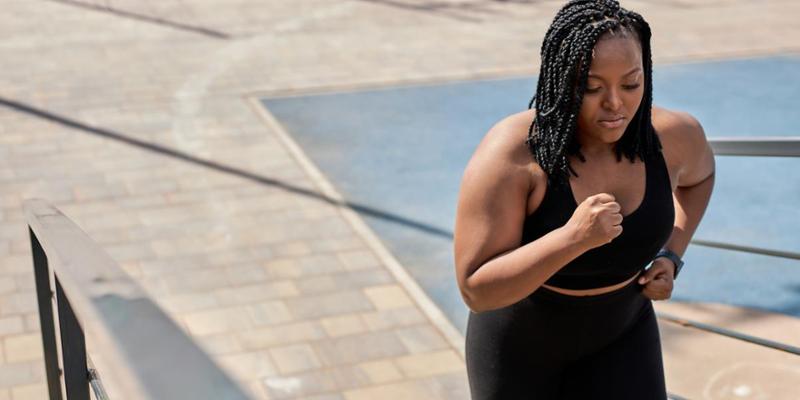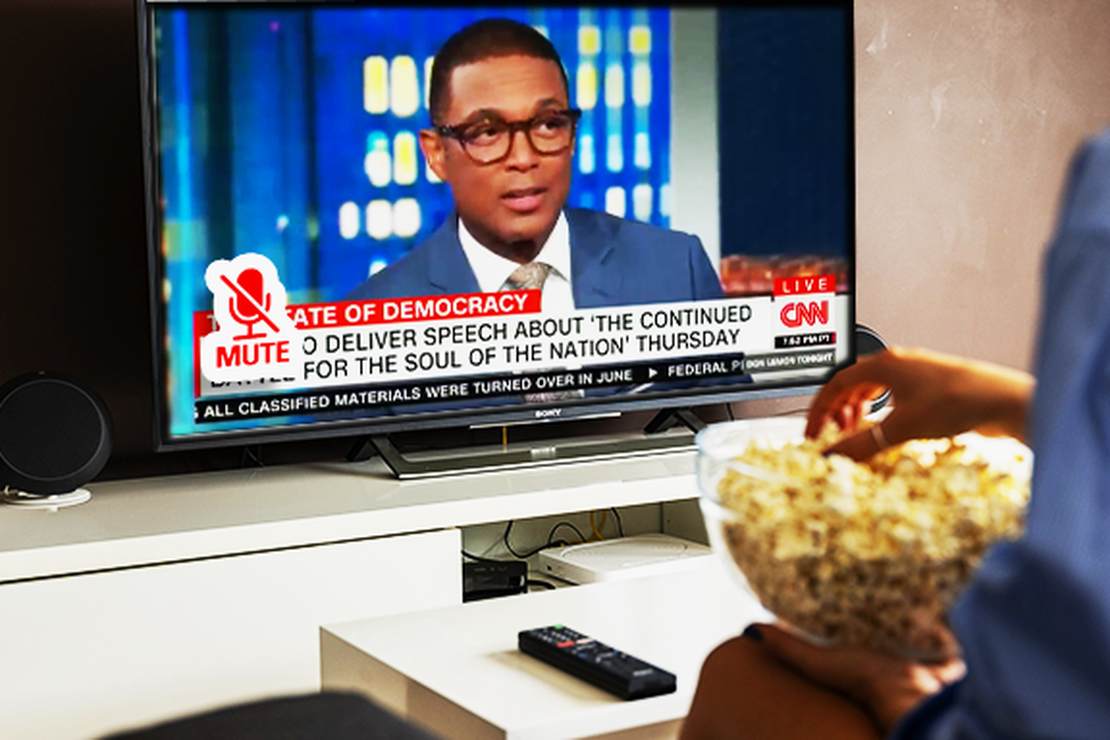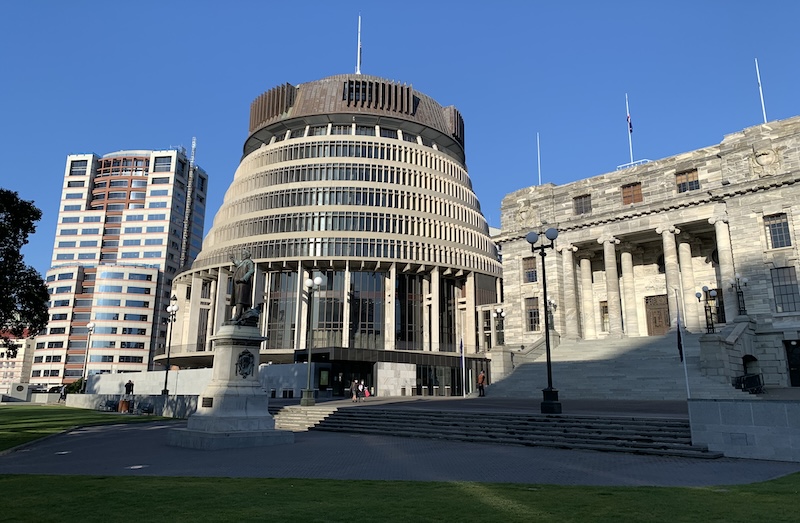Increasing participation in activity across Europe by women and girls is a key part of the European Commission’s agenda / Roman Chazov/Shutterstock
New Eurobarometer research results, published by the European Commission, show conclusively that women remain less active than men.
In an exclusive interview with HCM – undertaken as part of a collaboration with Europe Active – European Commissioner, Mariya Gabriel, says she’s targeting this inequality with a range of interventions, including the organisation of a gender equality conference in 2023.
Initiatives to date have included the appointment of a young female coach, Willemijn van Aggelen, to act as a role model and ambassador for the European Week of Sport 2022 and the creation of the #BeInclusive EU Sport Awards 2022, to celebrates women’s and girls’ participation.
The new European Conference on Gender Equality in Sport in 2023 will also scrutinise the issue: “This is a problem that needs to be considered in its European dimension, to have an impact at local level,” says Gabriel.
In addition, Gabriel is working to ensure inclusion and diversity are priorities of the Erasmus+ programme, which support projects in the fields of education, vocational training, youth and sports.”
The Eurobarometer results were released just ahead of the European Week of Sport, the European Commission’s flagship initiative that raises awareness around the importance of an active lifestyle.
The event, being held from 23 to 30 September this year, is supported by Europe Active, which has been behind the #BeActive movement across Europe since its inception in 2015. Themes for the European Week of Sport 2022 are centred around inclusion and equality, a healthy lifestyle and youth.
As part of a wider interview with HCM, which will feature in the next issue of the magazine, Gabriel also confirmed that working to develop green activity infrastructure to meet net zero and European Green Deal targets is part of her vision.
“Small adjustments are no longer enough, we need to change the game,” said Gabriel. “This calls for innovation, investment and a commitment to being fit for a sustainable future.”
The current Work Plan for Sport (2021-2024) is designed to support green targets. “This group prepares recommendations on how the sport and activity sector can make the green transition and how local and regional economies could profit from it,” she explained.
Gabriel also revealed a new pilot project called People and the Planet, which aims to use the power of activity and sport to raise awareness of sustainability and motivate the public to participate in environmental protection.
She is hopeful that a successful outcome for the European Week of Sport – which grew from 7,000 events in 2015 to 45,000 events and over 11 million participants in 2021 – will help increase physical activity across Europe and drive the inclusivity agenda.
“My ambition is an inclusive European Week of Sport that beats all participation records and reaches out to everyone across Europe – especially young people,” said Gabriel. “I would like to see Europe’s youth being more active – physically and socially – as well as in civic life.”
To receive your copy of the interview with Mariya Gabriel, European commissioner for innovation, research, culture, education and youth, in the next issue of HCM, sign up for your free digital magazine here: www.HCMmag.com/signup.





















Discussion about this post